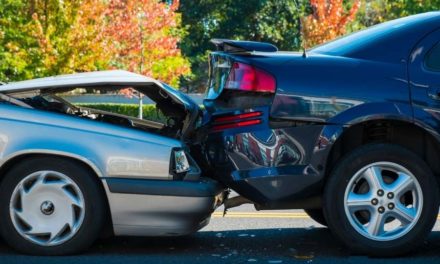There are almost 32 million cars on Great Britain’s roads, according to data from the Department for Transport, and drivers these days are faced with all manner of decisions when it comes to choosing a new set of wheels. Not only are there countless makes and models to trawl through, but there are also plenty of options in terms of car finance.
One of those is leasing, which is also known as personal contract hire (PCH). Here, we’ll explain how it works, how it differs from other finance options and outline the costs involved. We’ll also offer up a list of pros and cons that might help you make your mind up.
How does car leasing work?
Leasing works in a similar way to renting a flat. Let’s say you want to lease a brand new Nissan Qashqai. You put an initial deposit down and after that you repay the leasing company in the form of regular monthly instalments.
With car leasing, you never actually own the vehicle. So, let’s assume you took out your Qashqai on a three-year lease. Once those three years are up, you simply return the vehicle to the finance company. At that point, you can choose another car if you wish, or you can simply walk away.
That’s where PCH is fundamentally different from personal contract purchase (PCP). With PCP, you have the option to own the car, but only if you’re willing to make the balloon payment at the end of your deal.
What costs do you need to be aware of when leasing a car?
Typically, that first deposit will be higher than the subsequent monthly payments. You should also know that you will be asked to select a mileage limit for the course of the lease and you will pay extra – usually around 10p – for every mile above that threshold.
So, let’s say you took out your Qashqai with an annual mileage limit of 8,000 but over the course of your three-year lease you covered 26,000 miles. That means you would have to pay an extra £200. You may also be charged for any damage to the car, so it can pay to get these fixed before you hand it back, as that might enable you to get the repairs done for less than the finance company’s bill.
The good news is that your payments will include tax and breakdown cover. It may also account for servicing of the vehicle, depending on the terms of your lease.
There are many benefits to choosing to lease a car and is becoming an increasingly popular option for motorists and you may decide that leasing is a better option for you when it comes to your future vehicles.















